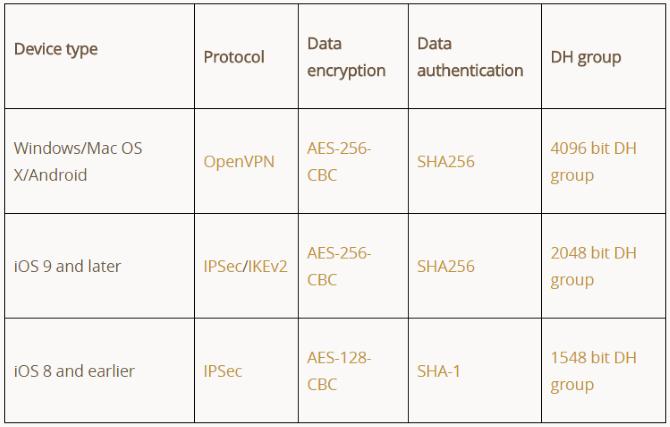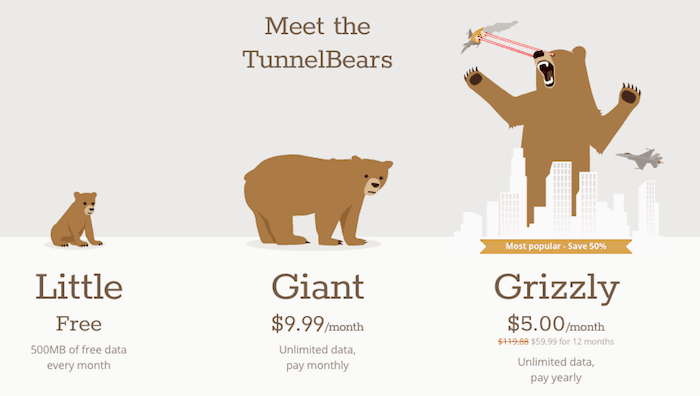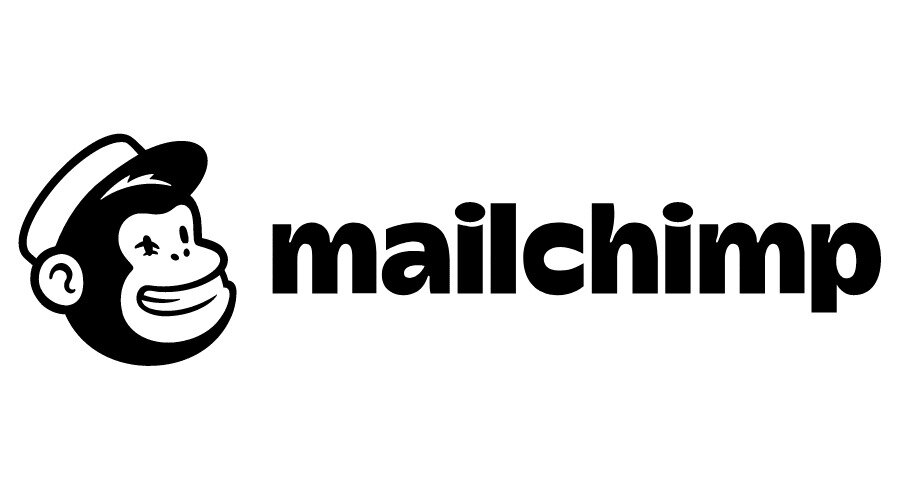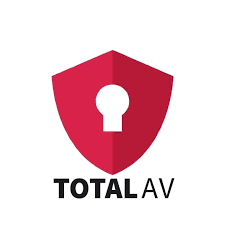Privacy Canada is community-supported. We may earn a commission when make a purchase through one of our links. Learn more.
TunnelBear VPN Review (2025)
A Canadian-based VPN provider, TunnelBear offers some fairly solid services.
They lack some of the advanced features boasted by other companies, but their basic offerings generally are good enough for users who are just getting familiar with the world of VPNs.
Unfortunately, their services did not perform particularly well in speed testing, a fact which is likely to deter more sophisticated users. The company does offer a “free” plan, and this gives potential customers a good opportunity to take the service for a test run before committing themselves.
Ryan Dochuk and Daniel Kaldor founded TunnelBear in 2011. Both have extensive backgrounds in technology startups, which gives them the necessary knowledge and experience to offer a decent VPN service. In some ways, they succeeded.
TunnelBear is notable for its consistent theming. The bear graphics and terminology (one of their packages is known as the “Grizzly”) are surprisingly likable without getting tiresome.
Accordingly, TunnelBear’s interface is pretty fun to look at and fairly user-friendly when compared with the offerings of other companies that tend to complicate matters or provide a more sterile workspace. Even people who have not used a VPN before likely will be able to navigate the configurations and getting connected with little difficulty.
Recently, TunnelBear was acquired by well-known US cybersecurity provider McAfee. The company has their headquarters in Toronto, and this combination of a US owner and a Canadian headquarters may raise a red flag to many potential VPN customers.
How could a Toronto-based company possibly be an issue for Canadians? Let me explain…
This is because both Canada and the US are both members of the Five Eyes network, an international security alliance that also includes the UK, Australia, and New Zealand. Member nations of the Five Eyes readily share information with each other.
Much of this information is acquired by surveillance and other espionage-type activities carried out by agents of one member country working within another. This allows them to circumvent any local laws that would ordinarily prevent governments from spying on their own citizens without due process.

Each of these nations has passed laws about data retention, requiring certain companies, like VPN providers, to keep records about what their customers do online. In the midst of an investigation, they may request these records from the VPN provider.
Since the whole point of getting a VPN is to maintain privacy and the online anonymity that goes with it, it follows that customers would not want their VPN provider to maintain any kind of comprehensive data concerning what they do in the online world.
With a US owner and Canadian headquarters, it’s clear that TunnelBear is legally required to maintain more records than a VPN provider that is headquartered in a country that is outside of the major surveillance networks. If total privacy is your goal, then TunnelBear is not the VPN provider for you.
TunnelBear Overview
| Features | Information |
|---|---|
| Usability: | Easy |
| Logging Policy: | No logging |
| Server Size: | 1000++ servers |
| Server Distribution: | 20 Countries |
| Support: | Ticket system |
| Torrenting: | Not allowed |
| Streaming: | Limited |
| VPN protocol and encryption: | OpenVPN and IPSec/IKEv2; 256-bit AES encryption |
| Headquarters: | Canada |
| Price: | $4.99/month |
| Official Website: | https://www.tunnelbear.com/ |
Security and Encryption
TunnelBear does a decent job of keeping customers safe, secure and anonymous in the online world. OpenVPN protocol is available to all customers running Mac, Windows and Android devices. Those running iOS use IPSec/IKEv2. Linux users are out of luck thus far with TunnelBear. Perhaps Linux devices will be added to the company’s lineup at a later date.
Both protocols that TunnelBear uses are industry standard, meaning that they provide the best in security that is currently available. More sophisticated users may be troubled by the lack of other options, but with OpenVPN and IPSec/IKEv2 both on offer, most people should be satisfied.

Additionally, TunnelBear employs AES 256-bit encryption. This encryption method is used by military and government organizations the world over, so it is certainly reliable for personal use.
TunnelBear offers further features that are designed to protect customers while they are online. One of these is a kill switch. Essentially, this feature discontinues a browsing session whenever the VPN service unexpectedly becomes unavailable.
VPN services that do not have this feature leave you vulnerable to prying eyes. However, users should not overlook the fact that TunnelBear’s kill switch is not a default feature. It must be turned on in order to operate.
Like some of the more sophisticated VPN providers, TunnelBear offers an additional obfuscation feature for those users who are vigilant about hiding their online activities. This is a particularly useful and necessary feature for people living under repressive governments that strictly limit Internet access and levy hefty penalties for those who defy these limits. This feature can be turned on in the security settings. It is available only to people running Windows, Mac OS and Android.
It’s great that TunnelBear makes these additional security features available to users. However, so do other VPN providers that offer better speed and performance at a reasonable price, like Surfshark.
TunnelBear’s Server Locations

This is an area in which TunnelBear needs to focus more of their efforts. Currently, they boast servers in 20 countries. Many of the major players are represented such as Canada, the US, the UK, Australia, Japan, India and Singapore.
In fact, they cover western Europe and North America pretty well, but other regions show a lack of servers. Brazil is the only South American country to make the list, and there is no representation in Africa or the Middle East.
Still, people living in places where TunnelBear does have servers will be pleased to know that the company boasts approximately 1,000 servers. This is a fairly good number, which means that users have more bandwidth to go around, and this should translate to better data transfer rates. When compared with the best VPN providers out there, TunnelBear’s offerings look pretty slim.
If TunnelBear had better location diversity, you’d be better able to spoof your location. It would also improve your chances of finding a server that is pretty close to where you are, which should deliver faster upload and download speeds.
Anyone living outside of North America, Europe or parts of Asia would probably do better to look elsewhere for a VPN. For instance, NordVPN has over 5,000 servers spread out in almost 100 countries.
Using BitTorrent or P2P with TunnelBear

People who checked out TunnelBear a while ago and decided against signing up for the service may be pleasantly surprised to learn that the company has modified their stance on torrents and P2P file sharing. While these activities were previously forbidden by TunnelBear, they are now allowed.
However, in their policies, the company makes it clear that breaching copyright laws remains a forbidden activity for users of their services. If you primarily go online to share files or download torrents, then it may be wise to check out our VPN reviews to see which service providers have servers purposely-built for these activities.
Another piece of good news is that TunnelBear is now compatible with TOR. The Onion Router gives users yet another layer of security in the online world. Previously, it was not possible to use TOR and TunnelBear together, and this modification is a welcome one for those who are vigilant about privacy.
Also, if you’re really hoping that a VPN will make it possible for you to enjoy Netflix, then you should look elsewhere. Netflix is seriously upping their game when it comes to blocking users who are streaming via VPN. Testing revealed that watching Netflix while TunnelBear is active is virtually impossible.
TunnelBear’s Speed Test Results
Data transfer speed tests with TunnelBear yielded disappointing results. It is commonly understood that using any VPN is bound to slow down web traffic a bit. However, some of the top VPNs seem to hardly affect data transfer rates at all. This is not the case with TunnelBear.
When logging on to a server in New York City, testing gave results of 33.38 Mbps for downloads and 15.04 Mbps for uploads. That’s hardly impressive. In fact, if your web traffic speeds were consistently that slow, you’d spend your online life in perpetual frustration.
Things were only slightly better when connecting to the server in Amsterdam. Downloads of 52.26 Mbps and 27.20 Mbps still aren’t up there with high-quality VPNs.

Connecting to a server in London gave slightly slower results. An average download of 50.10 Mbps and an average upload of 48.36 Mbps don’t exactly give TunnelBear any kind of bragging rights.
However, the most dismal performance came out of the server in Hong Kong. With download speeds of just 7.54 Mbps and upload speeds of a plodding 2.63 Mbps, it would take days to perform ordinary online tasks.
If you demand excellent data transfer rates when you’re online, then you should go with a different VPN provider.
TunnelBear’s Logging Policy
Like many VPN providers, Tunnel Bear advertises a “no logging” policy. However, with a US owner and Canadian headquarters, this can’t possibly be true. Reading the company’s privacy policy reveals that the company is probably keeping track of far more data than many users would like.
TunnelBear’s privacy policy and log keeping standards are not particularly egregious. They clearly state that the company does not maintain records of which IP addresses visit their website or even the IP addresses that users visit while on the service.
DNS queries similarly are private. Online services, websites or apps that customers access while connected to the VPN are not recorded by TunnelBear.

Nonetheless, it is important to note that they do keep records concerning the personal information of each user. This includes the operating system used by the customer as well as their name, email address and the last four digits of the credit card they use for billing purposes. Records concerning how much data is used by individual customers also are maintained.
All in all, that’s quite a bit of information stored in one place. TunnelBear probably has adequate security, but if you’re really sensitive about guarding your personal information, you might want to consider a VPN service that allows you to remain completely anonymous and offers the ability to pay with an anonymous method like gift cards.
Pricing Options for TunnelBear
Unlike many other VPN companies, TunnelBear will let you experience their services for free. In fact, if you only feel the need to protect your online security for some of your activities, then the “Little” package, which costs nothing, may work out well for you.
Keep in mind that you only get 500 Mb of data per month on this plan. For most users, that’s just not enough data to keep them going. So be sure to test out the free plan first before getting all grizzly.

People who want to pay on a monthly basis may choose the “Giant” plan. For $9.99 per month, they get unlimited data. However, TunnelBear notes that their most popular plan is the Grizzly. This package requires that you pay for one year of service in advance. The price works out to be just five dollars per month, which isn’t a bad deal if you’re satisfied with your data transfer rates and the security that TunnelBear provides.
TunnelBear doesn’t offer quite as many payment options as other VPN providers. In addition to most of the major credit cards, they also accept Bitcoin. You cannot pay with retail gift cards as you can with some of the bigger providers.
Is TunnelBear Recommended?
TunnelBear’s agonizingly slow data transfer rates mean that it is not a recommended VPN service. In addition, their server network remains a bit of a disappointment as many areas of the world that really need reliable VPN service is not represented at all. This limited network further makes it difficult for users to adequately spoof their location.
It is nice that TunnelBear lets you try their service for free. However, it simply doesn’t have the powerful server network and the speed of data transfer that is offered by competitors like Surfshark or NordVPN. If you’re determined to get the best performance out of your system, then it’s vital that you go with a top VPN provider.






